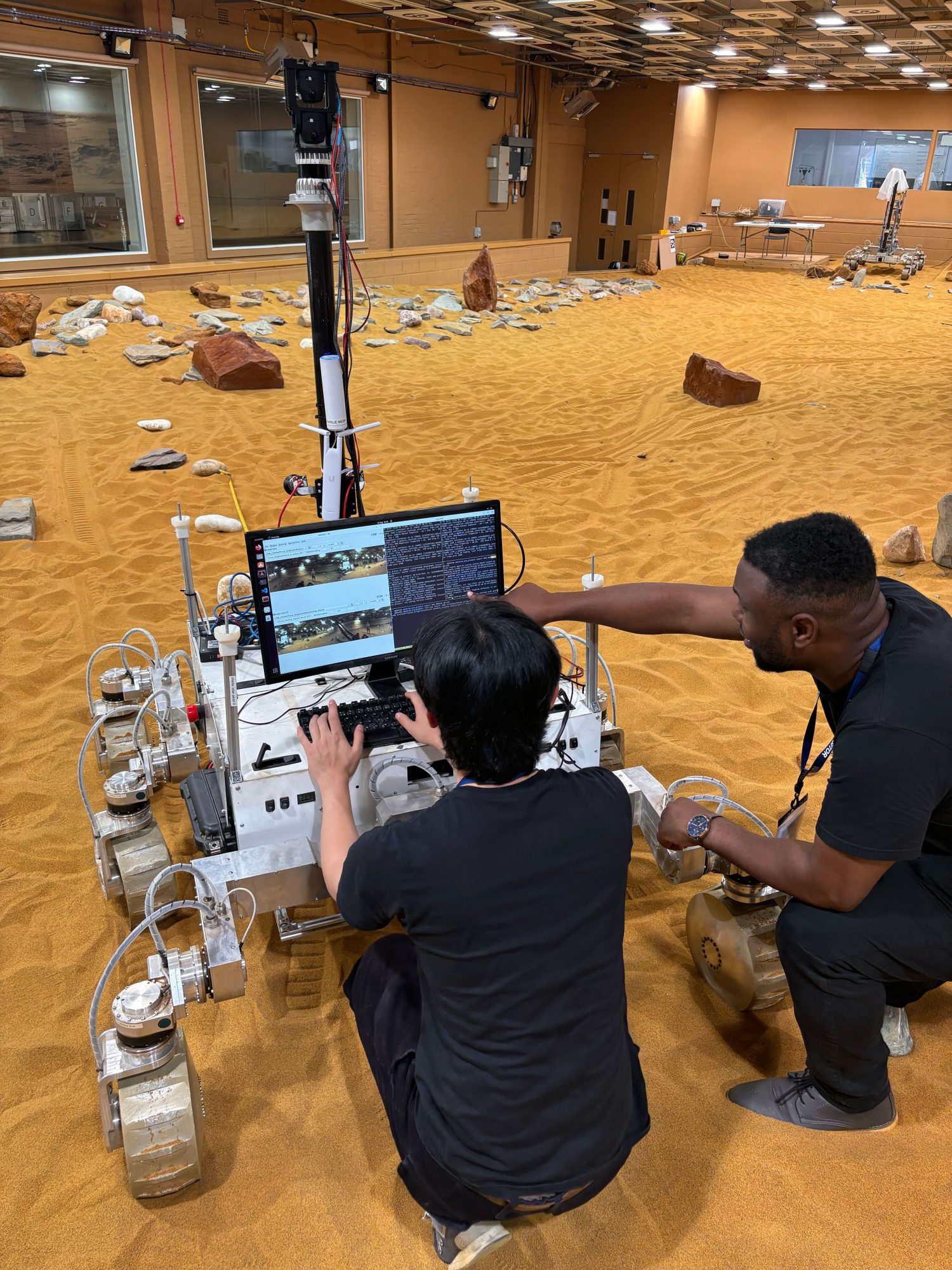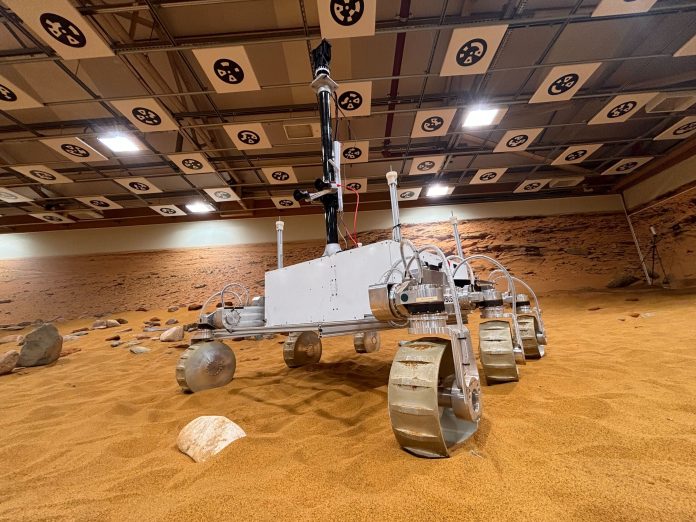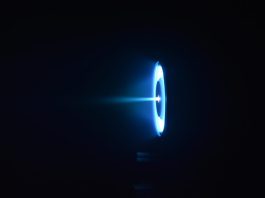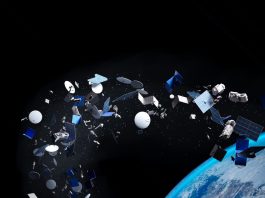Opteran, a leader in natural intelligence, has announced a groundbreaking collaboration with Airbus Defence and Space, supported by the European Space Agency (ESA) and the UK Space Agency.
Together, they are testing Opteran Mind, an innovative neuromorphic software that mimics natural brain function, in Airbus space rovers.
This pioneering technology aims to enhance autonomy in space robotics, offering significant advancements for Mars rovers and future exploration missions across the solar system.
Nature-inspired solutions for space robotics
Opteran’s neuromorphic software is based on over a decade of research into animal and insect vision, navigation, and decision-making.
Unlike the current Mars rovers, which rely on complex and slow mapping processes using multiple cameras, Opteran’s system enables space rovers to interpret their surroundings in real-time.
The software processes visual data in milliseconds, even in challenging environments, without adding to the rover’s critical power consumption.
This nature-inspired solution promises to enhance the efficiency and agility of Mars rovers, enabling them to navigate autonomously through difficult terrain.
By reverse-engineering natural brain algorithms, Opteran has developed a system that allows rovers to move smoothly and efficiently, extending their capabilities in extreme environments without the need for extensive data or training.
Enhancing Mars rover’s navigation and mission capabilities
The ultimate goal of the partnership is to enhance the navigation capabilities of Mars rovers, allowing them to travel faster and further across the planet’s harsh landscape.
The tests are currently taking place at Airbus’s Mars Yard, with a near-term focus on depth estimation and obstacle detection.
Mid-term objectives will include the development of infrastructure-free visual navigation, ensuring that the rovers can explore autonomously without the need for constant guidance from Earth.

David Rajan, CEO and co-founder of Opteran, commented: “We are delighted to be working with ESA and Airbus to demonstrate how Opteran’s neuromorphic software addresses key blockers in space autonomy.
“Our long-term vision is to provide natural autonomy with the Opteran Mind to every machine, on Earth and beyond, and this project will show how we can enable high speed, continuous safe driving, optimised for the rigours of planetary rover navigation.
“Today, no such flight-ready systems exist, so there is a major opportunity for Opteran to step up and resolve a challenge facing all the major players in space robotics.”
Backed by leading space agencies
This project is funded by ESA’s General Support Technology Programme (GSTP) through the UK Space Agency.
The results of the initial testing phase will be presented to the ESA, and if successful, further funding will be sought for the deployment and commercialisation of this breakthrough technology.
With this innovation, future Mars rovers could revolutionise planetary exploration, bringing unprecedented autonomy and efficiency to space missions.








